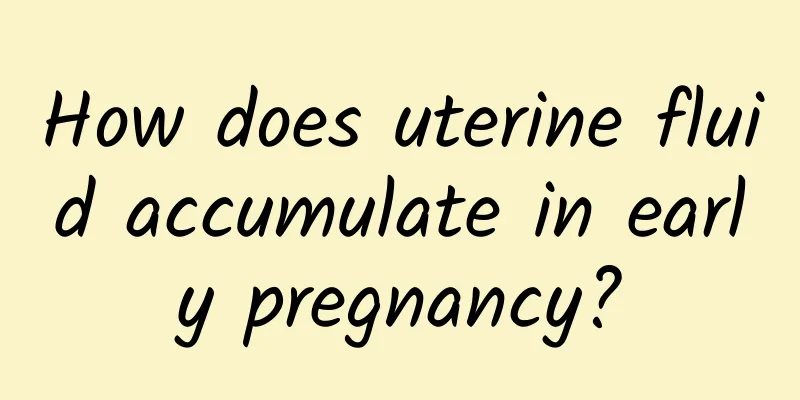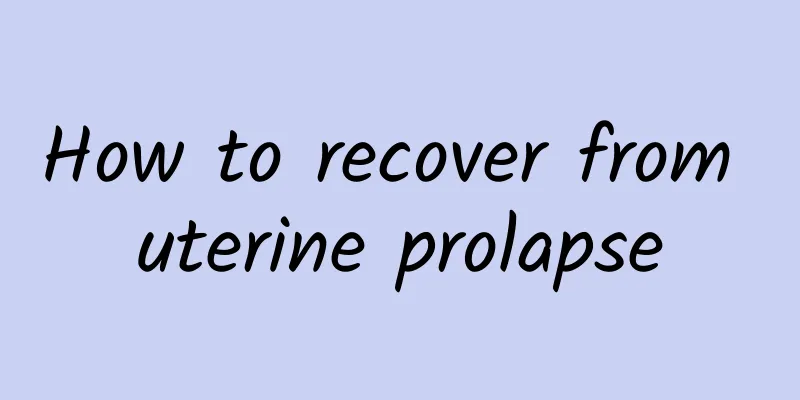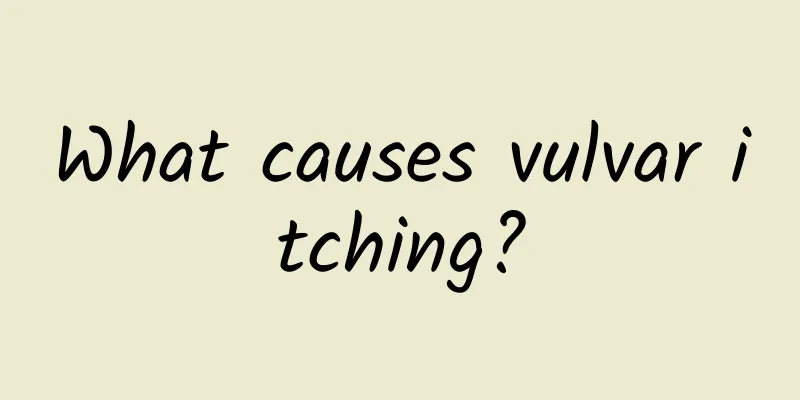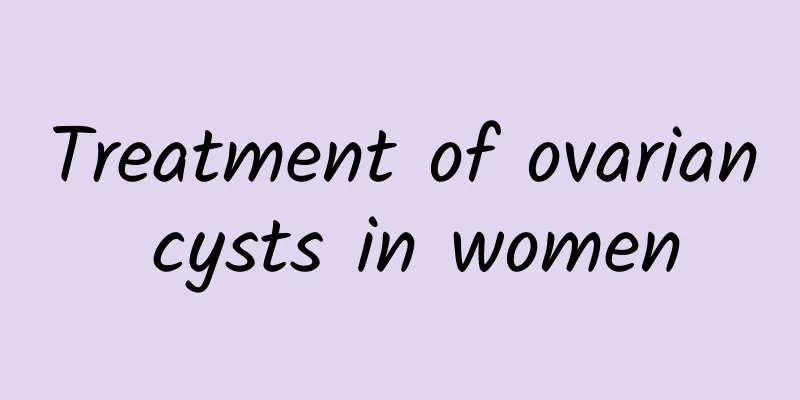Simple and effective treatment for pelvic peritonitis

|
The principle of treatment is to actively eliminate the cause of pelvic peritonitis, and thoroughly clean and absorb the pus and exudate in the abdominal cavity, or promote the absorption and limitation of exudate as soon as possible. In general, the treatment of acute pelvic peritonitis can be divided into non-surgical treatment and surgical treatment. 1. Non-surgical treatment 1. When the patient is not in shock, he should take a semi-recumbent position, move his lower limbs frequently, and change the pressure points to prevent venous thrombosis and pressure sores. 2. Fasting: Patients with gastrointestinal perforation must absolutely fast to reduce continued leakage of gastrointestinal contents. 3. Gastrointestinal decompression can reduce gastrointestinal distension and improve gastrointestinal wall blood circulation. It is a necessary treatment for patients with pelvic peritonitis. 4. Intravenous infusion: Fasting patients with pelvic peritonitis must receive infusion to correct water electrolyte and acid-base imbalance. 5. Supplement calories and nutrition. Acute pelvic peritonitis requires a large amount of calories and nutrition to supplement its needs. 6. In the early stage of antibiotic use, a large amount of broad-spectrum antibiotics should be selected, and then adjusted according to the results of bacterial culture. Intravenous drip is the best route of administration. 7. Analgesia: For patients whose diagnosis has been clear and treatment has been decided, it is necessary to appropriately use sedatives and analgesics to relieve the patient's pain. 2. Surgical treatment 1. Lesion treatment: Eliminating the cause of pelvic peritonitis is the main purpose of surgical treatment. 2. Clean the abdominal cavity. After eliminating the cause of the disease, the abdominal pus should be sucked out as much as possible, and the food and residue, feces, foreign matter, etc. in the abdominal cavity should be removed. 3. Drainage is performed so that the remaining inflammation can be controlled, limited, and eliminated. |
<<: What are some good folk remedies for pelvic peritonitis?
>>: How to treat acute peritonitis
Recommend
Endocrine disorder and afraid to eat sweets? Ginger and red dates tea to regulate physical condition
Do you not care about staying up late to work ove...
How do women check for cervical erosion? What are the symptoms of cervical erosion in women?
Although women nowadays are becoming more and mor...
What are the most effective ways to treat pelvic inflammatory disease?
What are the most reasonable ways to treat pelvic...
Daily care for moderate cervical erosion
Cervical erosion is very harmful to women and wil...
Experts tell you the common dangers of cervicitis
I believe that female friends are familiar with c...
What are the methods for checking menopause?
The so-called primary menopause refers to the sit...
Can cervical erosion recover on its own? Treatment of physiological and pathological cervical erosion
Physiological cervical erosion will recover on it...
What to do about early threatened miscarriage
What should we do if we have threatened abortion ...
Analysis of the three most common causes of ectopic pregnancy
There are many reasons for ectopic pregnancy in c...
Chronic pelvic inflammatory disease with bilateral adnexal masses
Chronic pelvic inflammatory disease may lead to b...
Can birth control pills cause uterine fibroids? What are the common treatments for uterine fibroids?
Uterine fibroids are the most common benign tumor...
Note: Be careful of irregular menstruation when the following symptoms appear
Irregular menstruation is the most common gynecol...
Is vulvar infection considered vaginitis? How can it be prevented?
In fact, many patients still don’t know what vagi...
Three common symptoms of ovarian cysts
The symptoms of ovarian cysts mainly refer to one...
Several types of tea substitutes that women with dysmenorrhea can often take
Dysmenorrhea brings troubles to many women and di...









